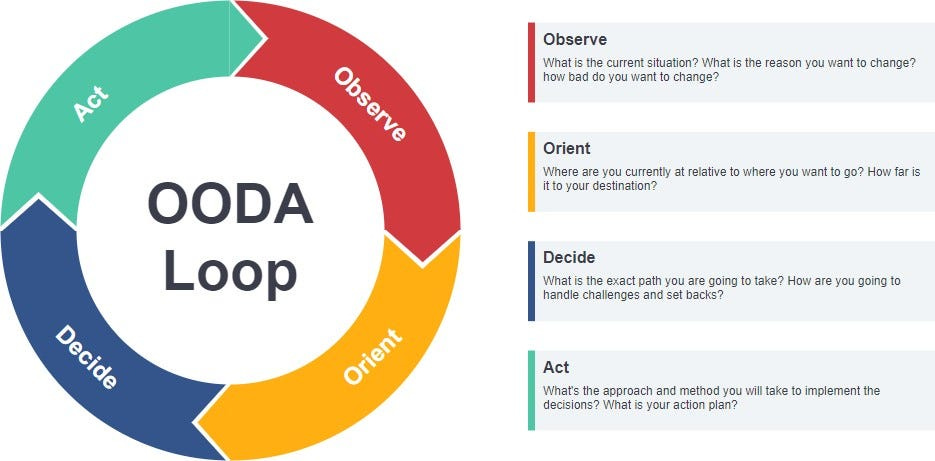In today’s political climate, Americans don’t just see different political opinions; they see entirely different realities. Two people can watch the same video, read the same news article, and walk away with wildly different conclusions. The reason for this is simple— our prior assumptions shape how we interpret events, perhaps even more than the particular details of the event.
Our priors can come from anywhere and everywhere in our past, and once those assumptions take hold, social media reinforces them. In today’s online-first world, we often find ourselves in digital echo chambers that amplify and reinforce our priors. By the time a campaign ad, a debate, or a fact-check reaches us, it’s too late. Our minds have already been made up.
This is why a Democratic autopsy needs to think beyond making better policy arguments or executing better messaging discipline. The most important electoral strategy isn’t about persuading people—it’s about shaping what they believe before they’re exposed to a political argument. And the best way to do that is by building trust.
The OODA Loop of Politics
In the military, we use a framework called the OODA loop—Observe, Orient, Decide, Act. It describes how decision-making happens under pressure. Victory often depends on getting inside the enemy’s OODA loop—shaping their perceptions before they can react.

Politics works the same way. If we wait until voters are already inside their echo chambers, we’ve lost. The key is to get there first. To do that, Democrats must build real, personal trust in communities—long before election season.
How Democrats Can Break the Cycle
Be a real presence in voters’ lives. Trust isn’t built through speeches; it’s built by showing up—at town halls, at food drives, at community events. People need to see Democrats as neighbors, not pundits.
Invest in year-round engagement. If voters only hear from us during election cycles, they will trust the voices that talk to them every day instead—whether that’s conservative media, online influencers, or an uncle with an active meme-game on Facebook.
Create relationships before persuasion. If people know and trust us first, then when they hear misinformation, their first instinct will be to question it—not believe it.
The best way to counter disinformation isn’t fact-checking; it’s having a pre-existing foundation of trust that beats the echo chamber to the punch.
Win Trust First, Win Elections Later
Democrats often focus on what we’re saying, but the real question is: Who will voters believe? If we want them to believe us, we have to be there first. Trust isn’t just a moral virtue; it’s a winning electoral strategy.
Because in today’s political battlefield, whoever gets inside the OODA loop, whoever builds trust first—wins.



